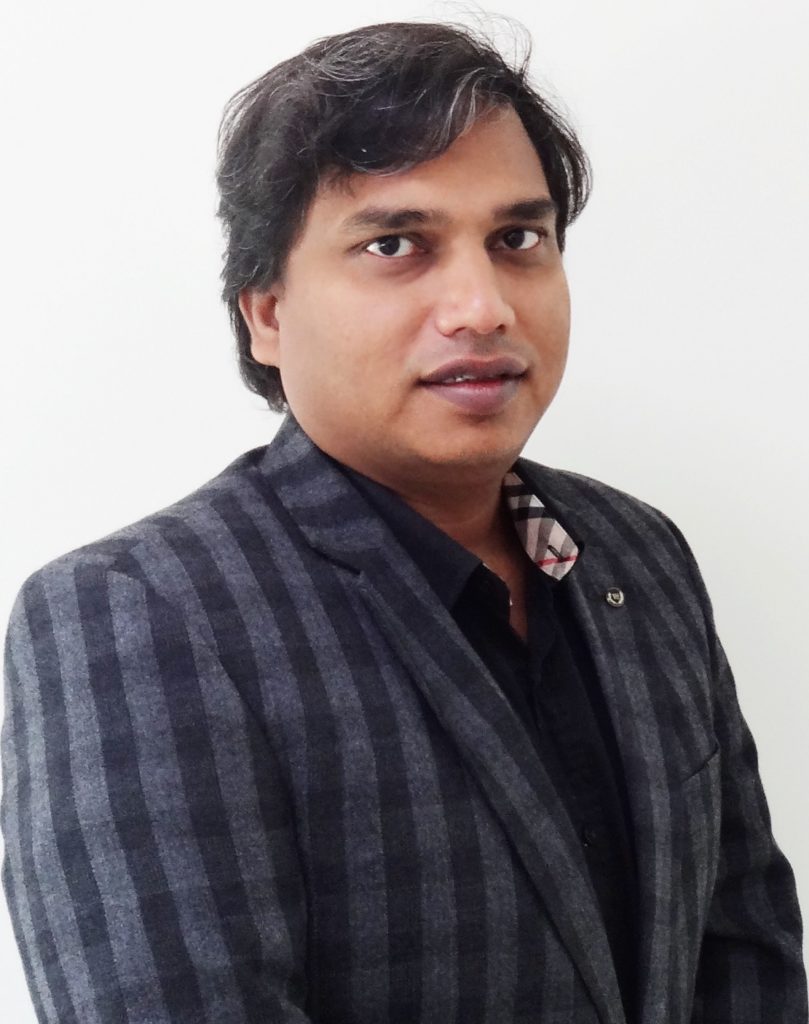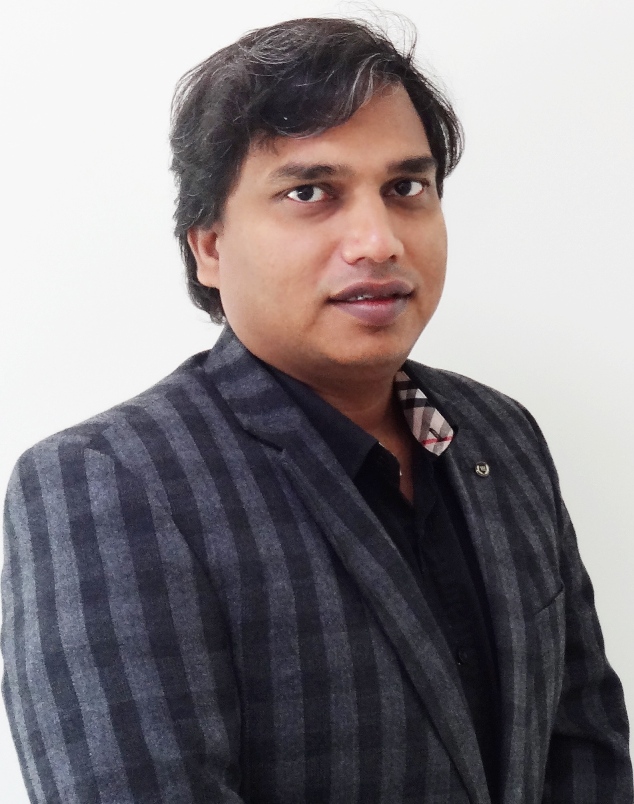
The great reset, following the unprecedented crisis of a global pandemic, lends a window of opportunity to accelerate the response to climate change and hunger. Dake Rechsand lauds the shift in global agenda, towards sustainable growth.
The World Economic Forum’s Davos event – the annual meeting of global political leaders and business elite, which shapes policies and partnerships for a more inclusive, cohesive and sustainable future – was held virtually this year, due to the continuing global pandemic. In a departure from previous editions, Davos 2021 featured an increased focus on agriculture and food production, along with their knock-on effects on climate change, water scarcity and deforestation.
 “These developments reflect how the pandemic has reset our attention, on to pressing issues that are nearing an irreversible tipping point and can no longer be ignored,” said Chandra Dake, CEO and Founder of Dake Rechsand, a Dubai-based company offering sustainable solutions in agriculture. “Access to food is a basic human right, but last year, 690 million people were chronically undernourished, while three billion couldn’t afford a nutritious diet. At the same time, more than a billion tonnes of food continues to be wasted every year. The WEF’s deliberations on this issue could not be more timely”, Chandra added.
“These developments reflect how the pandemic has reset our attention, on to pressing issues that are nearing an irreversible tipping point and can no longer be ignored,” said Chandra Dake, CEO and Founder of Dake Rechsand, a Dubai-based company offering sustainable solutions in agriculture. “Access to food is a basic human right, but last year, 690 million people were chronically undernourished, while three billion couldn’t afford a nutritious diet. At the same time, more than a billion tonnes of food continues to be wasted every year. The WEF’s deliberations on this issue could not be more timely”, Chandra added.
The pandemic has served as a harsh reminder of the need for concerted proactive action, to create a more food secure and sustainable world. But it has also shown that the world is capable of decisive action, when faced with extreme adversity. This new-found zeal could be channelled to meet the goals set out by the Paris Agreement, while achieving global food security and restoring ecological balance. In this context, the Davos Agenda’s special emphasis on agriculture – which remains a major driver of water consumption, climate change and deforestation – signals a significant change.
The event’s panelists have brought diverse ideas and initiatives to the table, with specific attention given to transforming food production and improving farmer livelihoods. This primarily includes funding, with multi-stakeholder participation, to ensure strong capital and tech flow to developing countries, so that they can strengthen regional food value chains and gain access to global markets.
This is a vision that Dake Rechsand’s sustainability solutions complement very well. Especially the company’s breathable sand, which enables optimal agricultural productivity in deserts and arid regions, while reducing water consumption by nearly 80%. “We are leveraging technology to empower sustainable agriculture and hoping to drive food security in the MENA region, through inclusive and eco-friendly solutions. Agriculture, currently an activity that comes at a high ecological cost, can become the first carbon-neutral sector. At Dake Rechsand, we are committed to this cause, and see it as one of the critical elements of a sustainable world” said Chandra, in closing.
ABOUT DAKE RECHSAND
Dake Rechsand’s innovative and transformative solutions are proactively contributing to the creation of a more sustainable and abundant world. The company’s breakthrough breathable sand technology utilizes low-value desert aeolian sand, to create a constantly evolving portfolio of high value products. The solutions offered by Dake Rechsand include applications in water purification, desert farming, water harvesting, construction, sand casting, sand oil and more. With a global presence that currently extends to the USA, the UAE, India, China and South Africa, the company is transforming food and water security in water stressed regions. It is currently engaged in an ambitious plan to enable farming and greenery for at least 10,000 acres across UAE or for half a million trees by H1, 2021.
